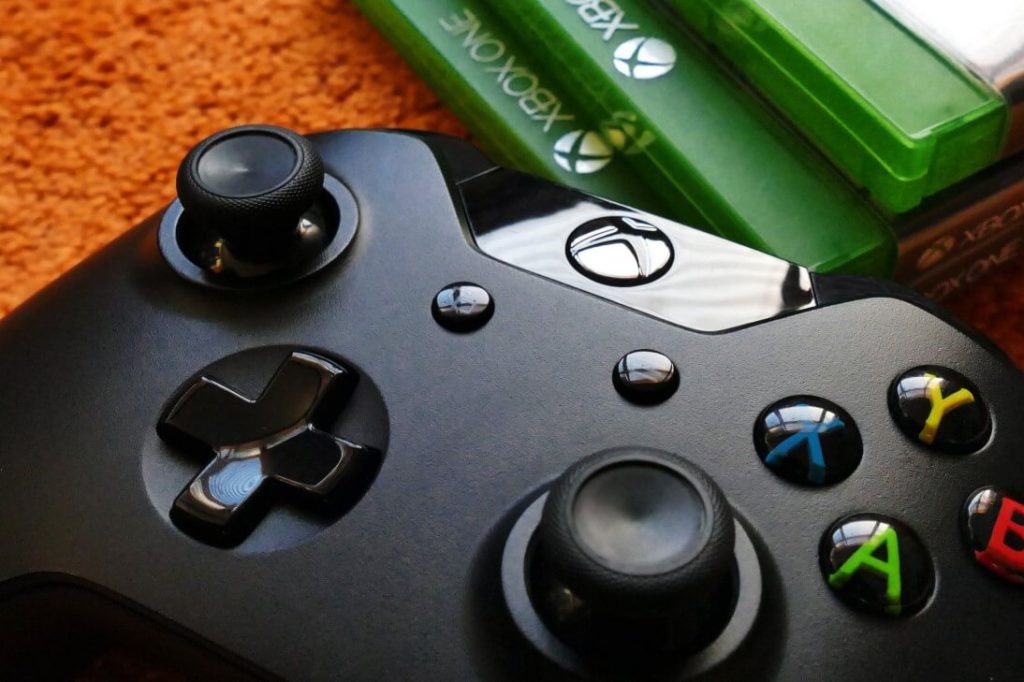
Video games are all the rage these days, and for good reason – the range, depth and quality that’s possible these days is nothing short of exceptional. However, because of the plenitude of options, it can be hard to decide what to buy; whether for yourself, your child, or for a gift exchange. The purpose of this article is to help you whittle down the options.
Purchase Popular Games
There’s definitely a method to buying games; and it begins with ignoring what review magazines and websites profess. Why? Because these are more often than not, paid reviews (in some capacity or other). Instead, look at the numbers of games sold using any reliable online poll or metric. Numbers never lie.
Alternatively, check out older games that are still quite popular because of their replay value, as well as Indie games from various online databases. If you have a Steam account, then you can find the above easily enough with the search function. Free-to-play games are all the rage these days – but beware the “hidden” charges when it comes to leveling up enough to be competitive with other players.
Choose Purchase Time Carefully
Whatever you do – never preorder much-publicized video games. Do not be swayed by proclamations that the vendors may run out; this is rarely true if you head to the bigger outlets. If there’s a robust enough promotional campaign behind it, you can bet your bottom dollar that enough copies will be slated for release.
On the other hand, if the soon-to-be-released video game is an indie project, then you might consider the preorder option to support the development team. Of course, this is only if you’re partial to indie games, the way many gamers seem to be. In the same vein, it’s quite alright – maybe even advisable – to pre-order games from smaller publishers to help keep them in business if they’re any good.
When you buy depends on the region in which you live, too. For example, Japanese gamers might want to consider waiting for a month after release, after which they can purchase ‘like new’ games at remarkably lower prices from players in the US who sped through the game.
Understand Your Store Options
We touched on this a bit in the above paragraph; here we go into a bit more detail and widen the scope. Obviously, the big stores for new and old video games are GameStop, Target, Walmart, etc. You won’t be getting too many sales or deals at these places, but they’re pretty much guaranteed to have the newest stuff that other places might not possess for a week or more.
If you’re a homebody or someone who simply avoids the crowds of the large store, then online video game retailers such as Origin and Steam are a godsend. It’s hard to put a price on the sheer convenience of being able to buy games, download them, and begin playing in literally minutes (after the download time is complete, which is of course fast on a good gaming rig). For those gamers who live outside of the North American region, try the PlayAsia.com platform – although Steam and Origin are fairly global.
Decide on New or Used Games
If you care about such principles as ensuring that the original game developer gets some revenue from your purchase, then buy disc-based games new. After all, this is what keeps them creating. If, however, you’re on a tight budget, then you can expect to save a few dollars on used versions of your favorite games.

As for entire PlayStation or Xbox consoles, you’re going to want to get them used at this point; after all, new versions are expected to come to market in a few years, and you don’t want to pay top dollar for the previous generation console.
Read Reviews When Buying Mobile Games
The shopping method is slightly different here; instead of going solely for numbers sold, make sure you read the reviews – even the bad ones. It is with the latter that you can gauge any recurring problems with the game that consistently befuddles players. Check out forums such as Torch Arcade and Gaming App of the Day for more information.
Related read: Three Main Reasons for Playing Mobile Games